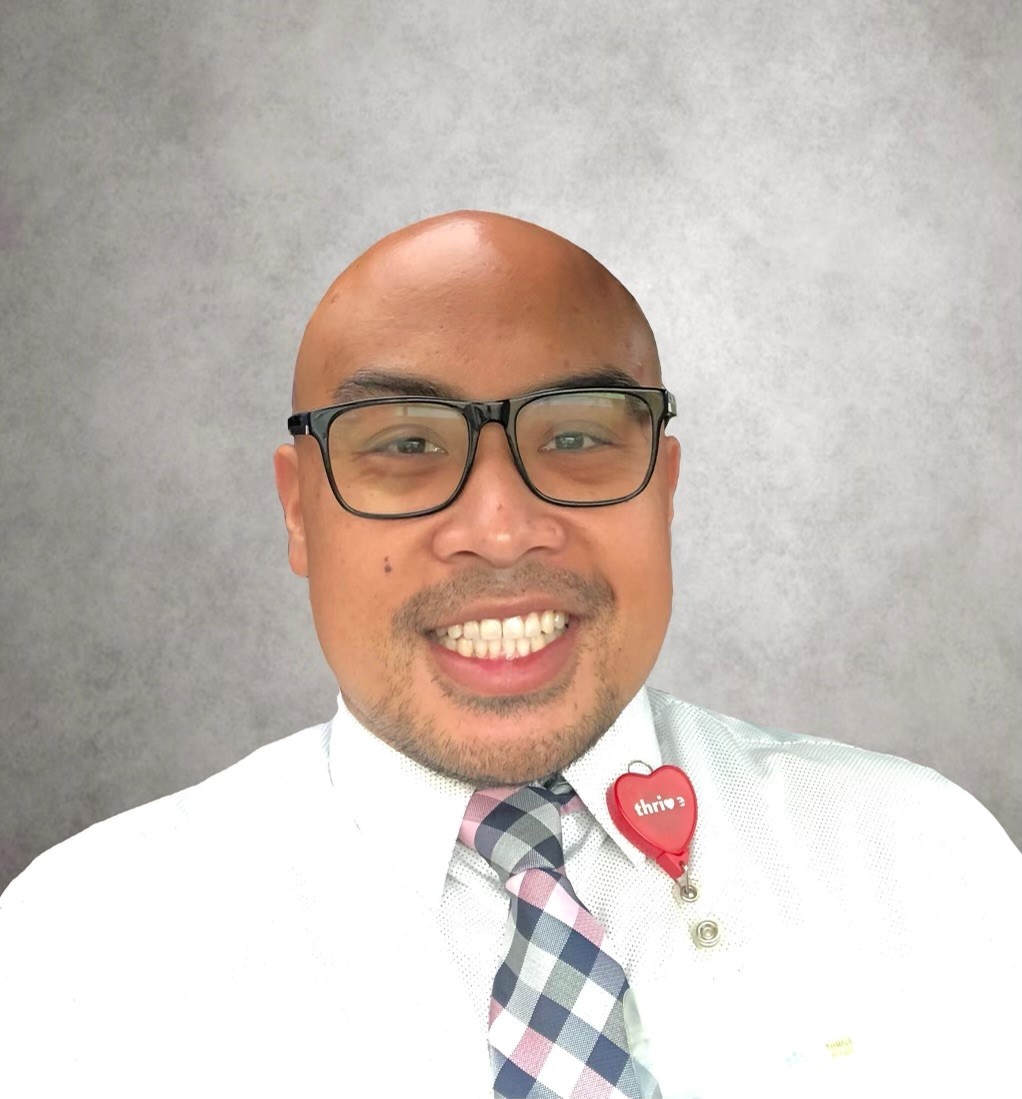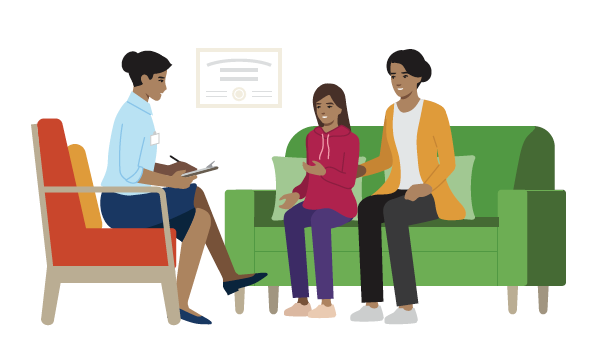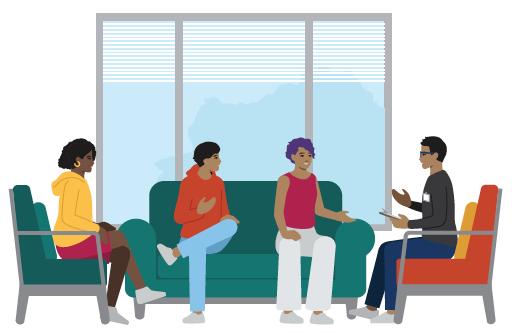
Demand for mental health care services is high and rising.
More than 1 in 3 people live in an area with a shortage of mental health professionals. Communities of color and people in lower-income areas are most affected.
To solve this issue, our country needs to reduce barriers that keep people from becoming mental health professionals. The biggest challenges include the expense of post-undergraduate education, the lack of paid training opportunities required to practice, and the long and complex steps to get licensed, which for some can involve completing over 4,000 supervised clinical hours.
At Kaiser Permanente, we’re investing in training and development to grow the mental health workforce. Our programs, most of which recruit from all interested, aspiring mental health professionals, aim to make mental health care more accessible to our members and communities across the country.
Mental Health Training Program
With more than 300 trainees annually, Kaiser Permanente’s Mental Health Training Program in northern California is the largest nongovernmental program of its kind in the U.S.
The breadth of our program allows trainees to obtain training for many common types of mental health care professionals. This training spans from pre-degree to post-degree programs. Participants can complete all parts of their training with us, starting with their supervised clinical hours and ending with their license.
This program shapes future mental health professionals through diverse and rigorous training experiences, ensuring comprehensive and culturally sensitive care.
Mental Health Scholars Academy
Launched in 2020 and backed by a $30 million investment, this program supports Kaiser Permanente employees in obtaining advanced degrees in mental health fields.

John Vista’s Mental Health Scholars Academy Journey
By offering scholarships, mentoring, and access to supervised clinical hours, we are nurturing a new generation of professionals. In 2023, the initiative supported 219 active participants and 87 graduates in California, over 79% of which were people of color, and nearly 40% were bilingual.
MHSA also provides grants to nonprofit organizations through the Kaiser Permanente Northern California Fund for Health Education at the East Bay Community Foundation.
Kaiser Permanente Behavioral Health Institute
The Southern California based Behavioral Health Institute supports training for students before they complete their master’s degrees, focusing on the required supervised clinical hours.
For over 50 years, we have supported two American Psychological Association accredited psychology internship programs for psychologist training.
Each year we place interns in Los Angeles and San Diego for the Southern California region.

John Vista loved his job working as a supervisor in the addiction medicine and psychiatry department, but was fascinated by the work of the doctors, nurses, and therapists in his department.
“Hearing what our therapists were doing inspired me to want to become a mental health professional,” Vista said. “But I didn’t see how it could ever happen.”
Vista was nearly 40 years old, married, and raising 2 young kids. Plus, his degree and all his professional experience were in business management, not mental health care.
Then one day in 2019, he heard about the Mental Health Scholars Academy. Vista applied for the program and was accepted in 2020.
“It was stressful at times,” he said. “But any time I needed flexibility in my schedule, I talked with my manager and my teachers. They made sure I had everything I needed to get it all done.
Vista was grateful that Kaiser Permanente provided a seamless transition from his academic program to his clinical training. He completed his clinical training hours in December 2022.
The Mental Health Scholars Academy then connected him to recruiters, who helped him apply for jobs. He accepted an offer from Kaiser Permanente and became full-time psychiatric counselor — less than 3 years after beginning his studies.
“I felt extremely supported all along the way,” Vista said. “I don’t see how I could have possibly gotten to where I am now without this program.”
Post-master’s Degree Associate Program
This Kaiser Permanente program offers qualified mental health graduates in Oregon, Washington, and Georgia a way to complete their supervised clinical hours, including some that provide pay and benefits.
The program selects graduates from diverse backgrounds who can offer mental health services in multiple languages to better support our communities.
It also focuses on following evidence-based practices such as the Feedback Informed Care and Zero Suicide framework.
By the end of 2024, we plan to have versions of the program in California, Hawaii, Colorado, Maryland, Virginia, and the District of Columbia.
Mental Health Workforce Accelerator
In 2023, we launched the Mental Health Workforce Accelerator in Colorado and Georgia in partnership with the National Council for Mental Wellbeing, Resilient Georgia, Metro State University – Denver, and the Colorado Health Institute. We are working to expand the number of diverse mental health professionals in our communities and beyond our workforce.
Completing the required supervised work hours is a key barrier to achieving licensure, both because of the extensive time involved and because these hours are often unpaid.
The Accelerator supports job placement, stipends, and supervision for pre- and post-master’s associates to work in community provider settings serving vulnerable populations.
It also provides access to virtual supervision through a partnership with Motivo, the largest virtual supervision platform, where candidates are connected to vetted clinical supervisors.
Initially the Mental Health Workforce Accelerator is launching in Colorado and Georgia with plans to scale to other Kaiser Permanente markets in 2024 and 2025.
